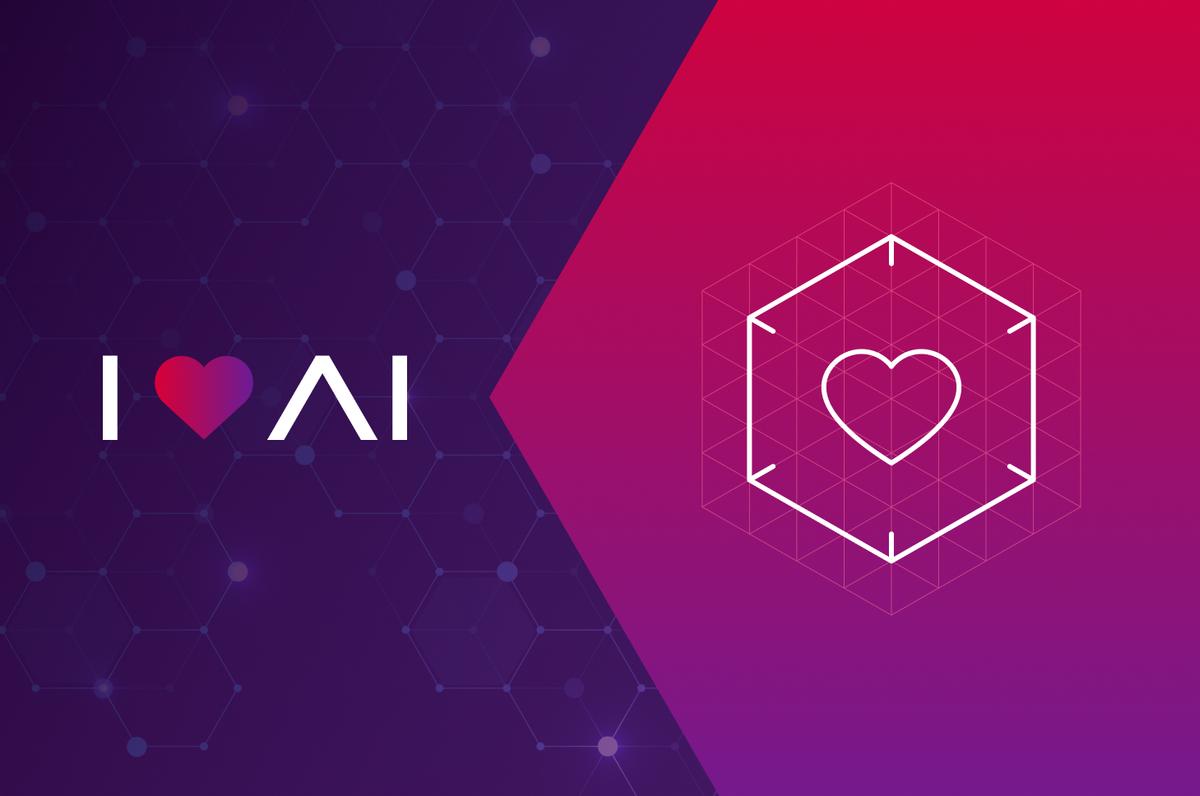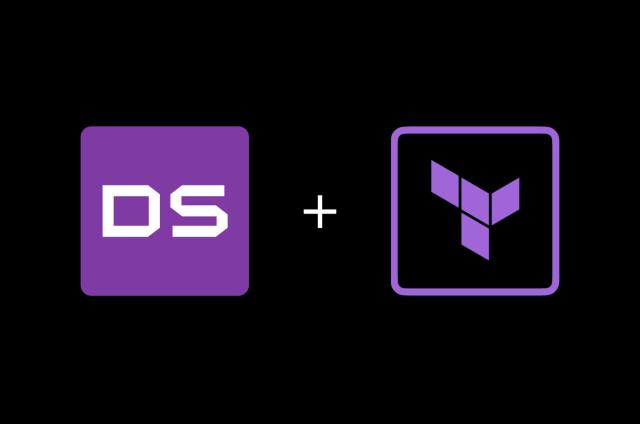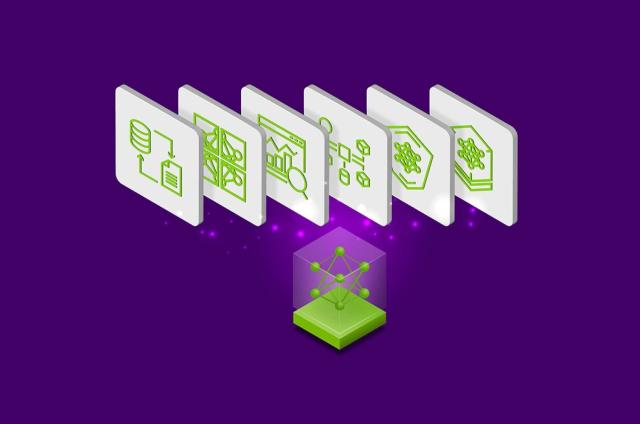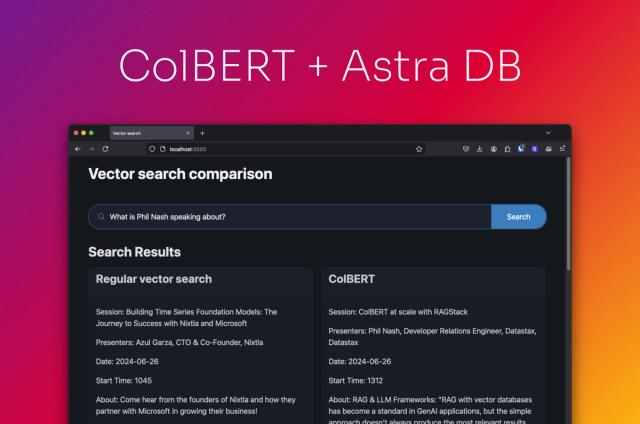Reimagining the Ecommerce Customer Experience with LLMs, Vector Search, and Retrieval-Augmented Generation

Editor’s note: This blog post provides a sneak peek of a discussion and live demo that will be hosted by the author at I Love AI, a digital DataStax event set to be held on Aug. 23 and 24. The event will provide unique insights into the data platforms and AI solutions that unlock the power of generative AI. Register today!
For many of us, ecommerce is how we shop. We're constantly on the lookout for personalized and efficient shopping experiences that cater to our unique preferences. But the way we think of personalization is about to change, thanks to the innovations of large language models (LLMs), vector search, and retrieval-augmented generation (RAG); taken together, this power trio comprises a revolutionary approach to product recommendations that will rapidly redefine every experience of every customer with every online retailer.
The power of LLMs
LLMs are AI models that have been trained on vast amounts of text data, enabling them to understand and generate human-like text. When it comes to product recommendations, LLMs can process textual descriptions, features, and attributes of products to create embeddings – mathematical representations of the product's semantic meaning. We’ll explore why this is a crucial foundation for building a recommendation system that understands the essence of products beyond mere keywords, by transforming a product's description into a set of numbers that can be effortlessly manipulated and searched.
Find it with vector search
Imagine a virtual shopping assistant that seems to understand your preferences as if it's reading your mind. This is becoming a reality, thanks to vector search. Vector search plays a key role in enhancing a shopping experience from what we know today into a highly personalized shopping experience that brings consumers recommendations with greater accuracy, relevance and context.
With the embeddings generated by the LLMs, vector search can be viewed as a meticulously organized library, where each book or product is represented by a unique set of numbers – its embedding. Yet, this library is no ordinary one; it's structured to facilitate lightning-fast searches.
Picture yourself shopping for a stylish pair of sneakers. You input your query, either by typing or speaking, and the LLM generates an embedding that captures the essence of your search. Specialized data structures then adeptly index these embeddings within the library.
Your query's embedding is compared with the embeddings of various products within the library. Thanks to the clever organization of data, this comparison occurs in an instant. The products whose embeddings closely resemble your query's embedding are instantaneously singled out.
The result of this rapid comparison process is a collection of products that best match your search, not just based on keywords but on a profound semantic level. It's akin to your virtual shopping assistant capturing your preferences, translating them into mathematical forms, and then aligning them with products that encapsulate the very essence of your desire.
The outcome? Your virtual shopping assistant curates a selection of products that genuinely resonate with your intent. It's akin to the assistant peering into your shopping aspirations and unearthing the ideal products to fulfill them. But vector search is just one piece of this solution.
Retrieval-augmented generation
RAG marries the strengths of retrieval-based and generative approaches. Here's how it works. A vector search locates a set of candidate products that align with your query's semantics. These candidates could be represented as IDs or embeddings. Then comes the generative prowess of LLMs. The retrieved candidates are handed over to the LLM, which crafts human-like text descriptions or recommendations for each product. This process ensures that the recommendations not only make sense contextually but also resonate with the user on a linguistic level.
Crafting a personalized shopping experience
The synergy of LLMs, vector search, and RAG is a game-changer in the realm of product recommendations. As you type in your search terms or speak your queries, vector search scours the vast repository of product embeddings, swiftly narrowing down options that match your intent. The retrieved candidates are then handed over to the LLM, which weaves its generative magic to present you with detailed, coherent, and contextually relevant product descriptions. The result? A personalized shopping assistant that not only understands what you're looking for but also communicates its recommendations in a way that resonates with you.
In a world where choices are abundant and time is limited, the fusion of LLMs, vector search, and RAG offers a glimpse into the future of online shopping. It's a world where product recommendations transcend the boundaries of keywords, where virtual assistants comprehend your desires, and where every click brings you closer to products that closely align with your tastes. As we stand at the cusp of this technological revolution, one thing is certain – the way we shop is poised for a remarkable evolution.
This is just a preview of what we’ll cover at the I Love AI event. Register today.




